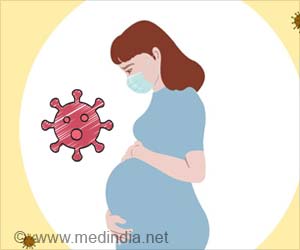COVID-19 infection risk during the Omicron-dominant period was higher among US adults with kidney failure receiving dialysis.

Role of Antibody Responses and Vaccine Doses
In the study of randomly-selected patients receiving dialysis in the United States, a team led by Shuchi Anand, MD, MS, Pablo Garcia, MD, MS, and Maria Montez Rath, PhD (Stanford University School of Medicine) followed patients’ monthly anti–SARS-CoV-2 antibody levels and ascertained COVID-19 infection during the Omicron- dominant period of December 25, 2021 to January 31, 2022 using electronic health records.‘COVID-19 infection risk was found to be higher among patients with low circulating levels of anti–SARS-CoV-2 antibodies.’





Among 3,576 patients receiving dialysis, 901 (25%) received a third mRNA vaccine dose as of December 1, 2022, and early antibody responses to third doses were robust. During the Omicron-dominant period, SARS-CoV-2 infection was documented in 340 (7%) patients.The risk for infection was doubled among patients without vaccination and nearly 1.5-fold higher with 1–2 doses compared with 3 doses. Irrespective of vaccine doses, the risk for infection was at least 2-fold higher among patients with low circulating levels of anti–SARS-CoV-2 antibodies.
“The COVID-19 pandemic continues to evolve, and it is clear that COVID-19 will become an endemic infection—that is, an infection that circulates at regular intervals in our community. In such a situation, it is critical to devise strategies that protect the most medically vulnerable persons with appropriate vaccine doses or additional preventive measures (such as monoclonal antibodies), and early treatments,” said Dr. Anand.
“Measuring a person’s circulating antibody response to SARS-CoV-2 virus may help us identify the highest risk persons eligible for enhanced protection among patients on dialysis, and other immunocompromised or frail populations.”
Advertisement













